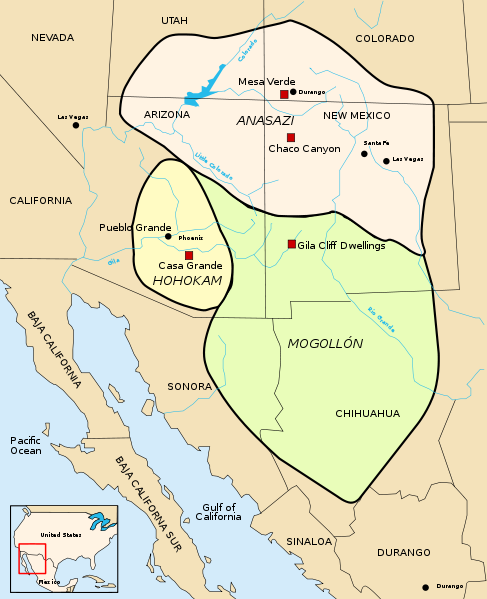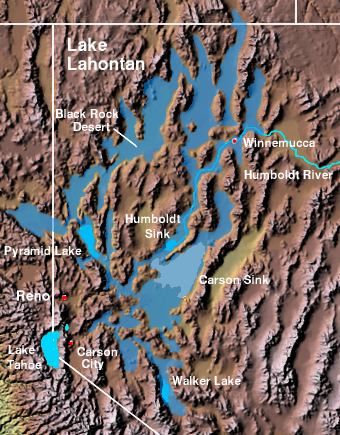Before oil, and coal, world population was 1.2 billion. Labor was a mix of human and animal (horse, oxen, camel, mule) for all our agriculture and transportation. We had ships to carry goods around the world, carried by the wind. Before coal, we had no real electricity generation, so no telegraph, no telephone, and lights were made with clean burning Whale Oil lamps.
Oil has let us specialize many jobs, and produce many labor saving tools so our adult population has time and energy to make more population. The world is nearly 7 billion now. And the oil is running out. The fear mongers worry that the sudden end of cheap oil will cause a universal temper tantrum and the general population of the world will strike out for the last little bits of oil, killing us back by half or more or our total population just to delay the failure of the strongest, the last standing. This is possible, but I don't think its likely. Thanks to some good fortune, and probably a lot of assassinations of foreign nationals who were about to commit acts of terrorism, an abrupt end of oil isn't happening. We've getting a slope instead. And this is very fortunate.
Studying cultures that collapsed, many happened abruptly, in just a few events. Some took centuries, but some lost it all in a battle. Quite a few died in wars over resources. Many more died due to drought, which after studying the subject myself for the last decade is the #1 killer of civilizations. Water. Fuel is something that saves labor, but Water = Food and without Food, no civilization is more than 3 meals from rebellion. You can live without Fuel (Energy) for machines, but you can't live without Water. Water has ended many civilizations. The Maya died out because their wells ran dry for 60 years. Droughts LINGER in the Americas. The Hohokam died out from drought. The Anasazi died from drought, turned evil and were wiped out completely by their descendents, the Hopi, Navajo, and Pueblo. I don't say that lightly. I've read a white paper on findings on a house where cannibalism was performed. The Anasazi must have been very evil to earn that kind of response.
Water controls life. This is painfully obvious for a Westerner like me. I have been all over the Western states and you only find people where there is water. The Humboldt River in northern Nevada is a populated agricultural swath curving around mountain ranges and across valleys and eventually falls into the Carson Sink, where it ends. It used to be a huge Pleistocene Lake called Lake Lahontan, with the Carson Sink the deepest part.
Do you see why Pleistocene geology is fascinating? Btw, Black Rock Desert is where they hold Burning Man every year, and where at a different time, they hold the ultra long range national rifle marksmanship competition, where 2 miles is the starting distance, and the basic rifle is a .50 caliber browning. The bit west of Pyramid Lake is Susanville, Walker Lake is NE of Bridgeport, which is just north of Mono Lake, which is due East of Yosemite and North of June Lakes, which used to be a huge glacier, now massively retreated to the tops of the Sierra. The lake above was internal drainage, meaning there was nowhere for it to flow out. The Shoshone and Paiute tribes lived there. Probably the Miwok as well if they were around. Understand it wasn't just a lake. With that much water around there would be forests, willows, cottonwoods, cedars on the mountain slopes, aspen everywhere. There would have been native brown trout, and many many migratory birds that would winter there and summer in the Arctic Tundra, assuming they stuck to the parts without ice.
I would love to see this lake refilled, perhaps with water diverted from the Columbia River through Oregon, and a portion coming down into this lake system. A thousand miles of aqueduct, sump pumps, and more aqueduct is need to make this happen, but it will be the largest irrigation project since the Nile. And it will pay for itself as it goes. Everywhere the water goes, there will be a real estate boom. Every dry lake will fill, and the birds will come back. Fish, geese, ducks, flamingos, and pelicans (which winter in Montana). Moving all the roads, setting up the towns and causeways to deal with the water will be expensive and time consuming, for sure. Will the payoff be worth it? Well, wouldn't you want to live there? Fantastic views, no pollution, infrastructure engineered in modern methods and materials, unlimited fishing and boating, and a couple thousand miles of easily developed lakeshore property and dock fees? Oh yeah. Big time real estate profits. This is something which will eventually happen, but probably not till we get used to life after fossil fuels. There's a tremendous amount of work which must be done first.
First, we have to accept the end of oil and gradually move away from our prior conceits. Easy travel is over. Moving people around is energy intensive. We've had it really good, but that's over. That means giving up solo driving in heavy vehicles. No more commuting via SUV unless you're hauling every seat full of other people. That means eating locally when possible, and accepting high food prices for distant goods. That means manufacturing and maintenance of goods, repair in particular. So buy for quality you can fix, not cheapness you can replace. This is a significant shift in mindset, something which only happened due to expensive labor and cheap imports. That means either building SAFE nuclear power (which is possible, just more labor) and using co-generation as much as possible, or using Solar panels to decrease demand on the power grid. That means shifting out of globalism and into local production and consumption.
And that work is coming up with alternative sources of electrical power. I support Cheap Solar because its something that can be done with local materials (Arsenic and Selenium are in river water in California) and happens to be green because you're taking them out of the environment where they've been toxic waste and turning them into renewable power, which is Double Green. Win-win, y'all!
And that's the most important difference for our civilization over prior ones. We DO have the knowledge and means to pass through this crash and recover. It will take work, and we will have to lower our living standards and expectations, but once we do, we'll have a sustainable life style which can last indefinitely, particularly once we implement water projects like the Oregon-Nevada Aqueduct into Lake Lahontan, the Frasier River Aqueduct into the Ogalalla Aquifer refilling project, which restores the Great Plains into useful agricultural land once more, and cheap solar can be combined with cheap desalination and pumping to irrigate deserts with clean sea water (with the salt removed) which will allow the deserts to grow food. Throw in genetically engineered perennial wheat and rice and corn, and suddenly feeding the world is much easier to do, and the population won't be nearly so endangered from droughts we can't control. This is an achievable form of Terraforming in a place that matters: Earth. It where all the people are.
This is my answer to the dieoff apocalyptics. Science can save us. Do your part or get out of the way.


No comments:
Post a Comment